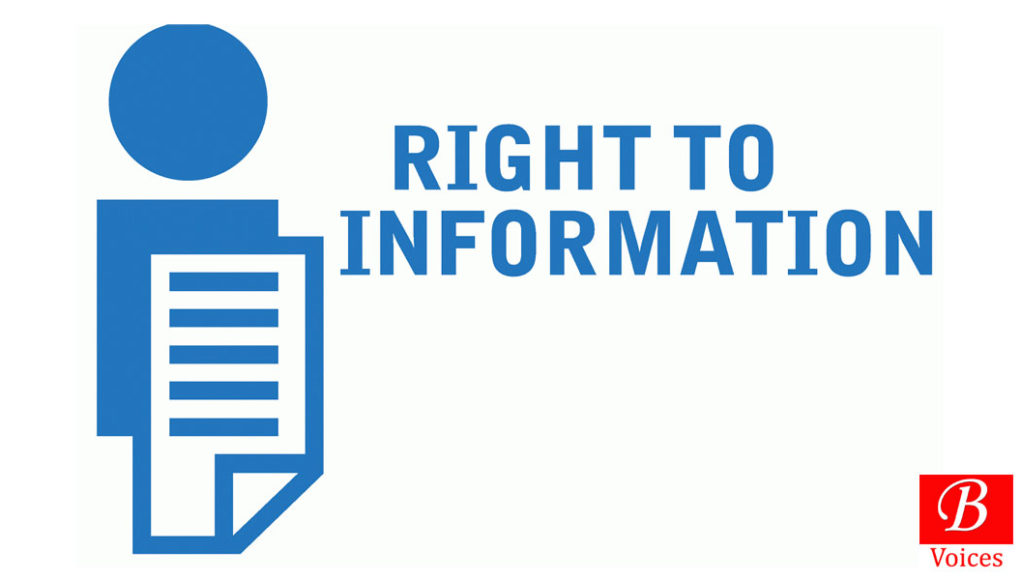Zahid Abdullah
Why is effective right to information law important for good governance? It is so because it enables citizens and journalists to get certified information and copies of records available with public bodies as a right and not as a favor of public officials. Furthermore, an effective right to information law allows citizens and journalists to get information from public bodies on topics and timing of their own choosing. In the absence of a right to information law, public bodies share only that information that they deem fit to disclose and on the time of their own choosing. Therefore, a good right to information law is a prerequisite for accountability of public officials and elected representatives.
Citizens of Pakistan have constitutional right of access to information held by public bodies by the virtue of 18th Amendment in the constitution. Article 19-A says: “Every citizen shall have the right to have access to information in all matters of public importance subject to regulation and reasonable restrictions imposed by law”. The significance of the constitutionality of this right can be gauged from the fact that both Khyber Pakhtunkhwa Right to Information Act 2013 and the Punjab Transparency and Right to Information Act 2013 refer to Article 19-A in their preambles and meet standards of effective right to information legislation. However, Balochistan Freedom of Information Act 2005 falls well short of meeting these standards. A right to information law meets these standards when it ensures maximum disclosure, minimal exemptions, obligation for proactive disclosure, process to facilitate access to information, minimum cost for the requested information, and disclosure taking precedence over exemption and assisting the requesters. ‘Information’ is not defined, the list of exempted information is vague, there is no harm test, and the process of access to information held by public bodies is neither cost-effective nor easy. More importantly, instead of establishing independent and autonomous commissions, the role of appellate body has been entrusted to Ombudsman. That is why empirical data collected over the years by using Balochistan Freedom of Information Act 2005 also supports assertion of the right to information activists in the country that it is a highly ineffective law.
On the other hand, KPK and Punjab right to information laws meet standards of right to information legislation. ‘Information’ is clearly defined, list of exempted information clear and precise, process of submitting information requests is both easy and cost-effective and independent and autonomous commissions have been established with powers to get these laws implemented. As a result, civil society groups, citizens and journalists are using these laws in greater frequency than Balochistan Freedom of Information Act 2005, Sindh Freedom of Information Act 2006 and Freedom of Information Ordinance 2002. Already, journalists have contributed excellent investigative stories using these laws and citizens have successfully used these laws for the attainment of their rights.
There is movement in the country to ensure greater level of public accountability through right to information legislation. Federal cabinet has drafted Right of Access to Information Bill 2016 which is better than Freedom of Information Ordinance 2002 but not as good as Right to Information Bill 2016 approved by Senate Standing Committee on Information and broadcasting which is meets standards of effective right to information legislation.
Sindh government has also approved Sindh Transparency and Right to Information Bill 2016 to repeal Sindh Freedom of Information Act 2006. Balochistan government needs to follow the suit of federal and Sindh governments and repeal Balochistan Freedom of Information Act 2005 and replace it with effective law so that there is greater level of public participation in running the affairs of the province.
Writer is author and a rights activist.
Email: [email protected] Twitter:@XahidAbdullah
Share your comments!








